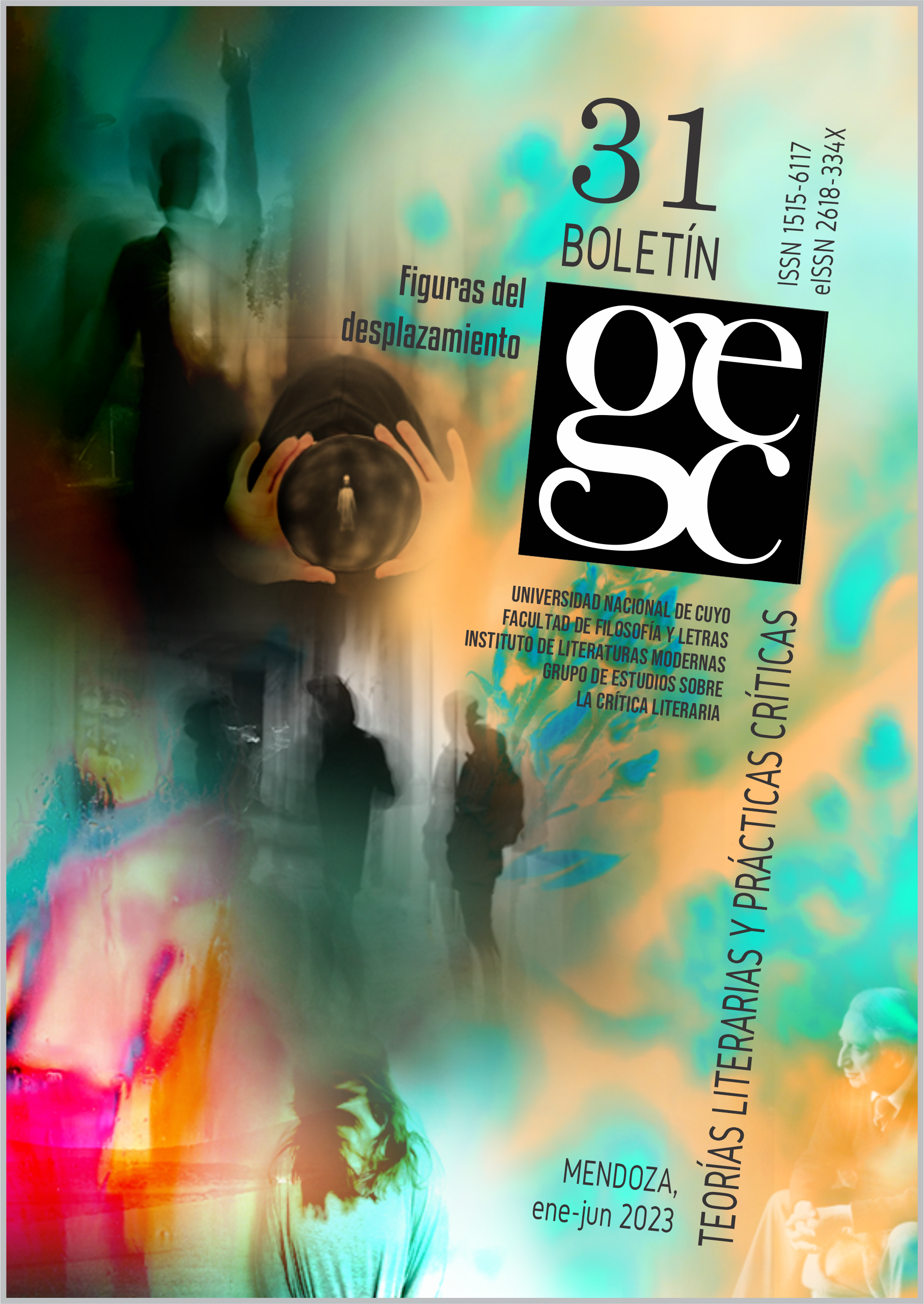Notes against the empire of political correctness in literature classes
Keywords:
Roland Barthes, political correctness, literature, social function, empathyAbstract
Dialoguing with the dossier of issue 31 of Boletín GEC and with an interview with the poet Claudia Masin, the article recalls ideas of the late Roland Barthes, who argued that literature fulfills fundamental functions for civic life because it allows us to create and listen to nuances that are absent in language and culture. Following the thread of that thought, it is argued that, in a present in which the tendency to homogenization inhibits nuances in the construction of our subjectivities, seriously weakens our ability to empathize with different people in different emotional situations, and forces us to project our lives by choosing options or pseudo-options from an increasingly restricted menu, those gifts of literature are urgent for society and the intrusion of political correctness makes it difficult for writers and teachers to do their work in peace.
References
Barthes, Roland (2004). Lo neutro: Notas de cursos y seminarios en el Collège de France, 1977-1978. México: Siglo XXI.
Simón, Gabriela (2021). “Literatura y Semiótica, espacios de matices”. Gabriela Simón (coord.), Entre matices: Notas sobre literatura argentina y latinoamericana contemporáneas. San Juan: Universidad Nacional de San Juan. 7-17.
Downloads
Published
How to Cite
Issue
Section
License
Copyright (c) 2023 Luis Emilio Abraham

This work is licensed under a Creative Commons Attribution-NonCommercial-NoDerivatives 4.0 International License.
Aquellos autores/as que tengan publicaciones en esta revista, aceptan los términos siguientes:
- Los autores/as conservarán sus derechos de autor y garantizarán a la revista el derecho de primera publicación de su obra, el cual estará simultáneamente sujeto a la Licencia de reconocimiento de Creative Commons que permite a terceros compartir la obra siempre que no se use para fines comerciales, siempre que se indique su autor y su primera publicación en esta revista, y siempre que se mencionen la existencia y las especificaciones de esta licencia de uso.
- Los autores/as podrán adoptar otros acuerdos de licencia no exclusiva de distribución de la versión de la obra publicada (p. ej.: depositarla en un archivo telemático institucional o publicarla en un volumen monográfico) siempre que se indique la publicación inicial en esta revista y se cumplan las otras condiciones mencionadas arriba.
- Se permite y recomienda a los autores/as difundir su obra a través de Internet (p. ej.: en archivos telemáticos institucionales o en su página web) antes y durante el proceso de envío, lo cual puede producir intercambios interesantes y aumentar las citas de la obra publicada. (Véase El efecto del acceso abierto).








